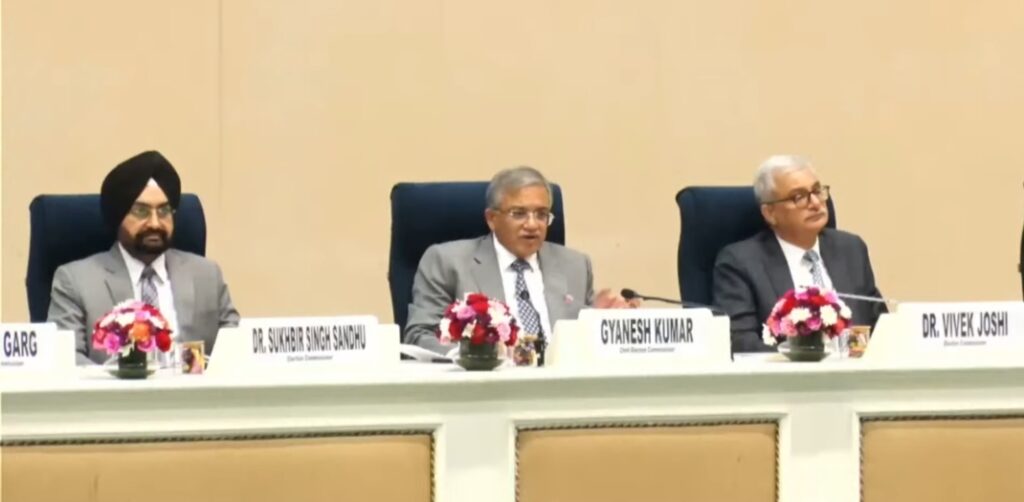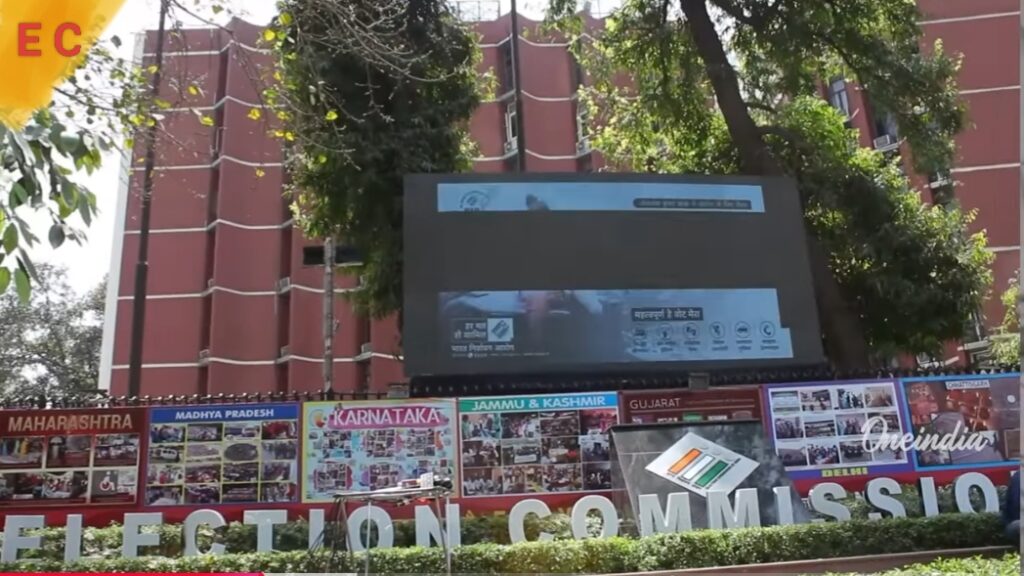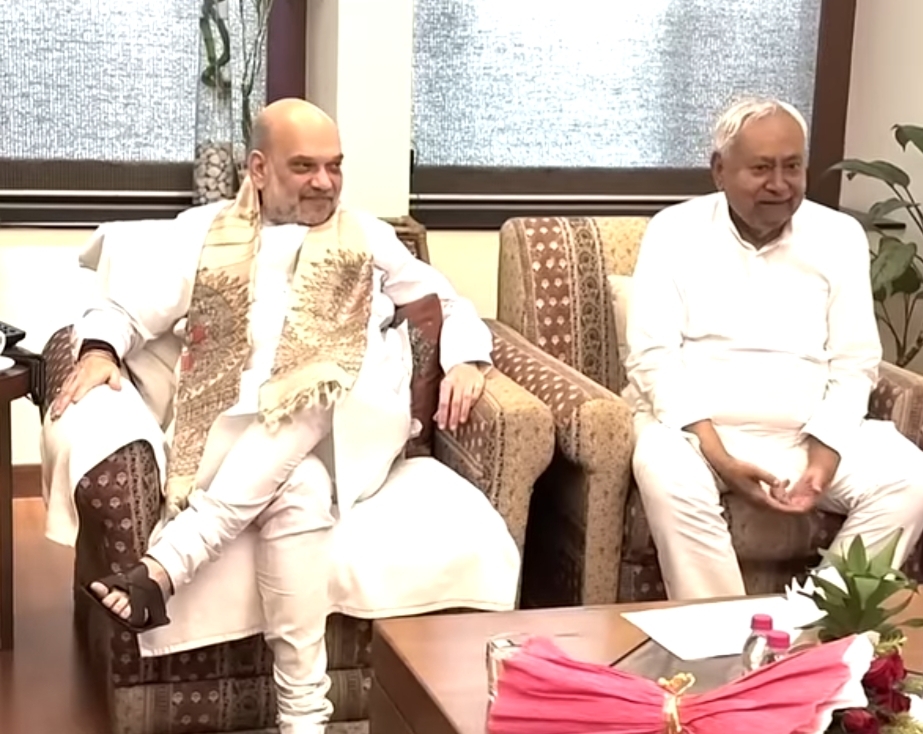

NEW DELHI: Behind the Election Commission’s sudden decision to hold the Bihar Assembly polls in just two phases lies a political story steeped in strategy, health concerns, and alliance pressures. Highly placed sources in Delhi and Patna have confirmed that the worsening health condition of Chief Minister Nitish Kumar was a decisive factor that forced the BJP to agree to a shorter election schedule—despite its initial push for a five-phase poll.
According to officials aware of the developments, senior advisers within the Janata Dal (United) had quietly conveyed to the BJP leadership that Nitish Kumar’s ability to campaign was severely limited. “He is not in a position to undertake a long and physically demanding campaign across multiple phases,” said a source close to the JDU. The chief minister, who continues to be the face of the NDA in Bihar, is reportedly capable of addressing only a few key rallies within a three-week period.
This limitation, insiders say, prompted the BJP to recalibrate its poll strategy. While the party’s election team, guided by its central strategists, had been lobbying for a prolonged five-phase election to maximize organizational advantage and resource deployment, the final decision to compress the polls into two phases was seen as a compromise to accommodate Nitish Kumar’s condition.
BJP leaders privately acknowledge that despite being the senior partner, the party still relies heavily on Nitish’s appeal among the Extremely Backward Classes (EBCs), a voter base that has remained his political backbone for nearly two decades. The NDA’s campaign narrative, therefore, continues to project Kumar as the alliance’s principal leader, even as the BJP focuses separately on women and farmers—announcing a ₹10,000 cash transfer promise to each as part of its welfare plank.
With opposition leader Tejashwi Yadav emerging as the undisputed chief ministerial face of the Mahagathbandhan, the NDA’s dependence on Nitish Kumar’s image remains both its strength and its vulnerability. As Bihar heads into a compressed and high-stakes contest, much will depend on how far Nitish’s limited campaign presence can still sway the electorate.
(Writer is Senior Journalist and Political Commentator)






